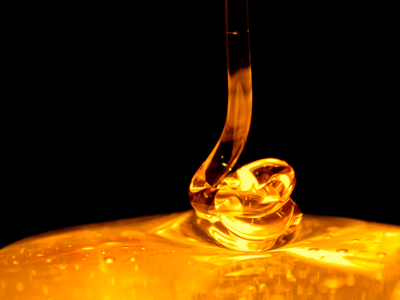
Investigations 03
Explore the world of experiments with the last KS2 Science quiz on investigations! Learn how to carry out experiments, choose equipment, change variables, measure, and record results.
Deciding how to do an investigation can be tricky. Which variables should stay the same? What should you measure? Recording results and understanding what you've learned are also important. The more experiments you do, at school or even at home, the better you become. Experience is an excellent teacher!
Do you know how to do fair investigations? What's the best way to record results? Test your scientific skills in this third and final Investigations Quiz!
Join the Quiz Adventure! Read More About The BenefitsReady for more?
not all...
quizzers. Try to win a coveted spot on our Hall of Fame Page.







